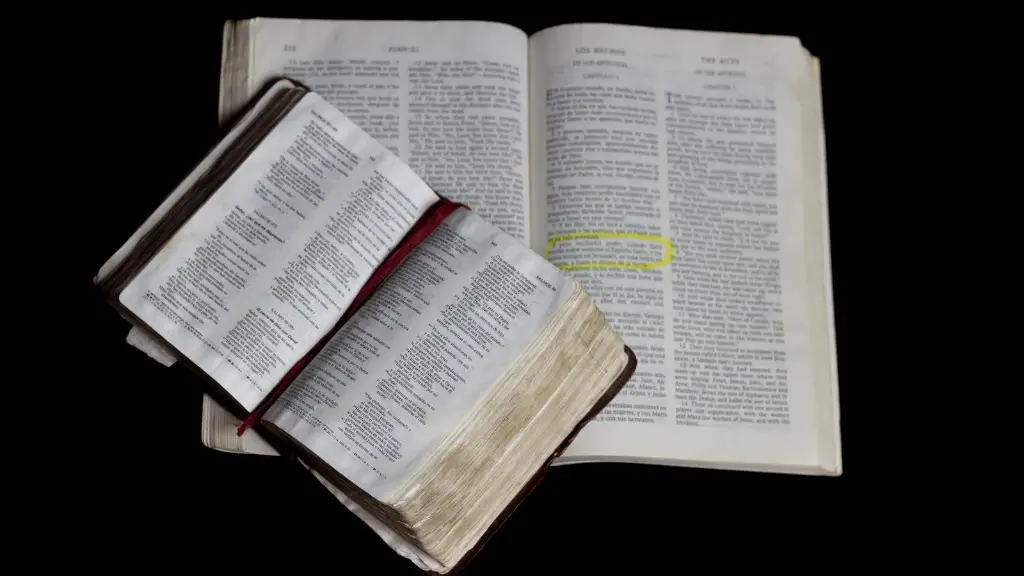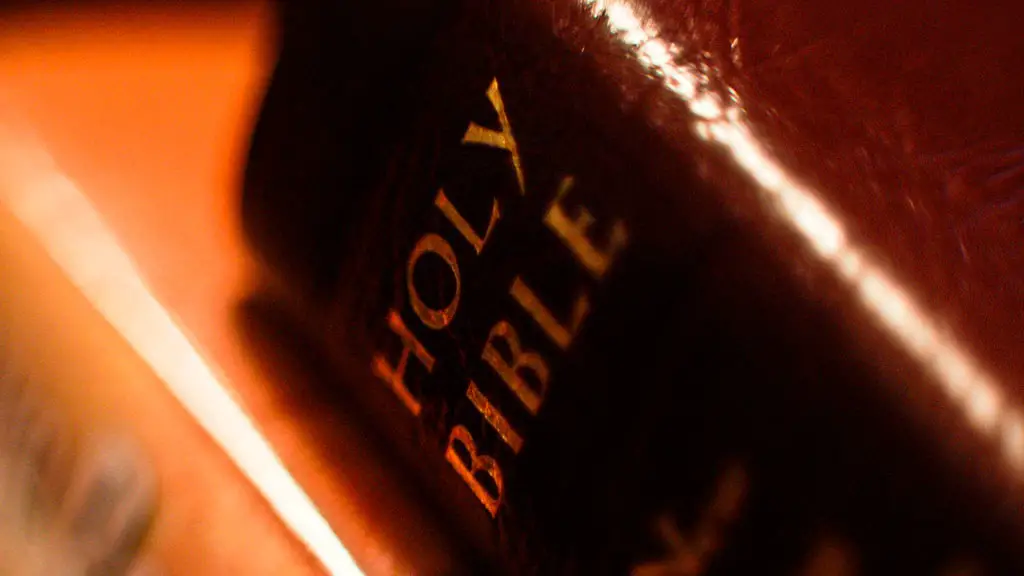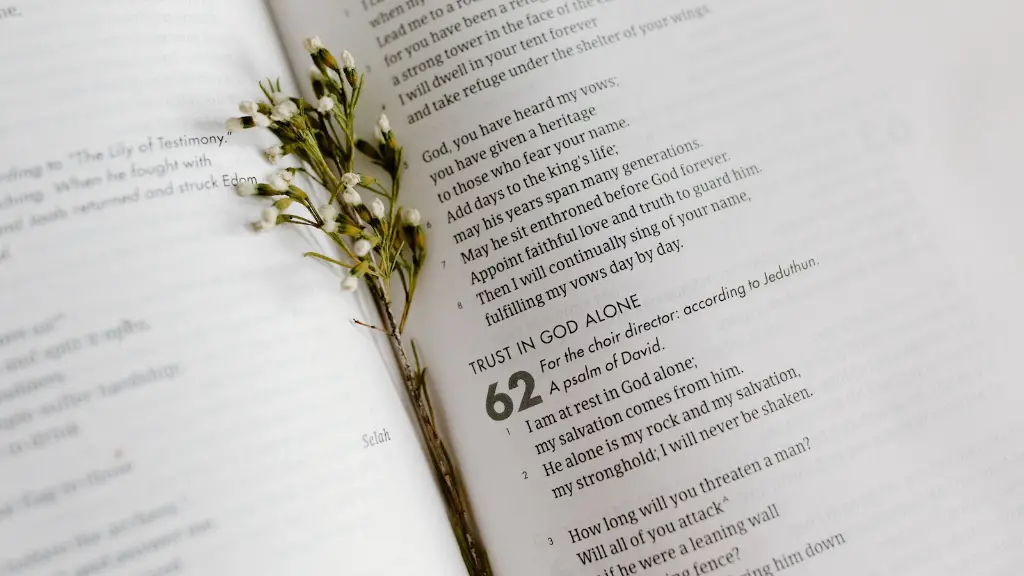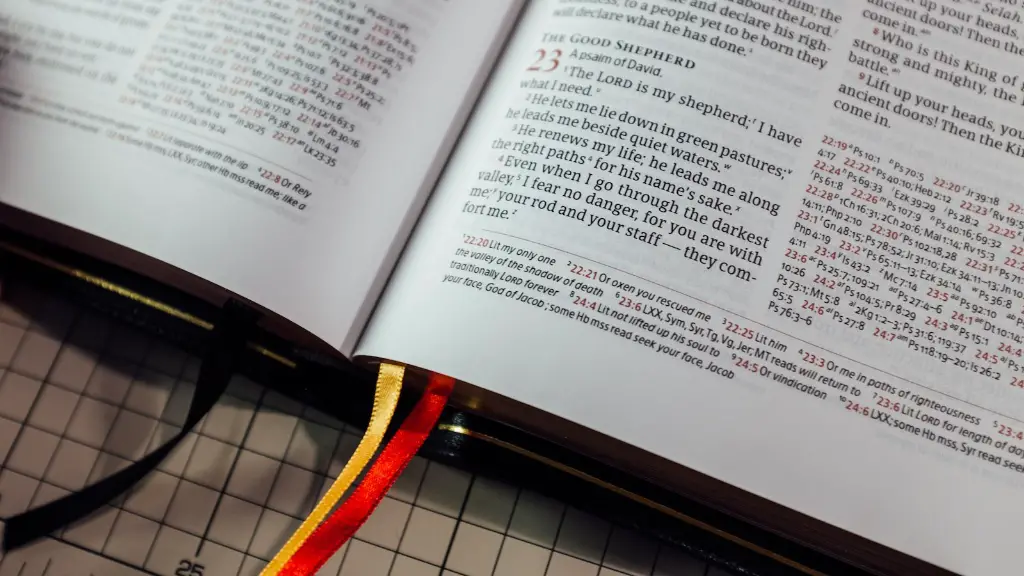The Bible has a lot to say about how we speak. In Matthew 5:33-37, Jesus says that we should not make oaths at all, but let our “yes” be yes and our “no” be no. This is because our word should be good enough without having to swear by anything. In James 5:12, we are told that it is sinful to swear by heaven or earth or by anything else. Swearing by God is particularly sinful because we are putting ourselves above God. So when we make a oath, we should be very careful not to swear by God.
The Bible says “Do not swear at all.” (Matthew 5:34)
What does swearing to God mean in the Bible?
I swear to god, this is the truth!
The Apostle has used oaths in his Epistles, and by this shows us how that ought to be taken. I say unto you, Swear not at all, lest by allowing ourselves to swear at all we come to readiness in swearing, from readiness we come to a habit of swearing, and from a habit of swearing we fall into perjury.
What God says about swearing
It is clear from both Paul’s letter to the Ephesians and Jesus’ Sermon on the Mount that Christians are to avoid using obscene language or making crude jokes. This is because such things are not appropriate for God’s people. Instead, we are to use our words to build others up and to glorify God.
The Bible clearly teaches that words are important and have a tremendous impact on others. In fact, the Bible says that our words can either give life or death. This is why it is so important to be careful about the words we use and to make sure that we are using them in a way that will build others up rather than tear them down.
Is it okay to say oh my gosh?
The expression, “Oh my God,” is now used commonly in American English, even though it was once considered taboo. The acronym, “OMG,” is also used frequently.
There is a lot of debate on whether or not saying OMG is considered using the Lord’s name in vain. Some people say that it is because you are abbreviating the Lord’s name, while others say that it is not because you are not saying the full name. Ultimately, it is up to the individual to decide whether or not they believe saying OMG is using the Lord’s name in vain.
Which is correct I swear to God or I swear on God?
When you swear to God, you are actually making a vow or promise to God. You are saying that whatever you are about to say is either true or that you will carry it out. Jesus forbade Christians to swear at all, because He knew that our words are powerful. When we swear on God, we are saying that God is behind us in what we are going to say, as though we are speaking on His behalf.
The expression “I hope to God (that)” is often used to express the speaker’s strong hope or wish. The expression “I swear to God (that)” is used to emphasize the truthfulness of what the speaker is saying.
When did swearing on the Bible start
In the ninth century, in England, people would swear on a gospel book at the altar when conducting certain transactions, since there was no structured royal government. This was the earliest Western use of oath books in a legal setting.
These types of words are not conducive to a respectful or civil conversation. If you find yourself using them, it would be best to take a step back and re-evaluate your language.
What does the Bible say about a cursing tongue?
The tongue is a restless evil, full of deadly poison. With the tongue we praise our Lord and Father, and with it we curse men, who have been made in God’s likeness. Out of the same mouth come praise and cursing.
For many Christians, saying “Oh my lord” may be considered offensive, a possible instance of taking their lord’s name in vain. One humorous substitute includes “Oh, Mylanta!”, a minced oath popularized by DJ.
What is another way to say oh my God
Euphemisms are words or phrases that are used in place of more graphic or offensive terms. They are often used to make something sound more palatable or to avoid saying something that might be considered rude or inappropriate. Common euphemisms include “passed away” or “kicked the bucket” for died, “potty” for toilet, and “my goodness” or “oh my gosh” for expressing surprise.
Taking the Lord’s name in vain is a way of saying that someone is not a true believer or is a hypocrite. In other words, they say one thing but their actions show something different. This is something that Jesus spoke about in Mark 7:6-9.
What is the one unforgivable sin?
One eternal sin, also known as blasphemy against the Holy Spirit, is specified in the Bible as the sin unto death. This sin is unforgivable and results in eternal punishment.
The name YHWH, also known as the tetragrammaton, is the name of the God of the Israelites. It is made up of the four consonants Yod, Heh, Waw, and Heh. This name was revealed to Moses in the book of Exodus.
Final Words
The Bible does not specifically mention swearing to God, but it does talk about taking oaths in general. In Matthew 5:33-37, Jesus says that it is better not to make any oath at all than to make one and then break it. He goes on to say that we should just let our “yes be yes, and our no be no” because anything beyond that is from the evil one. This passage seems to indicate that swearing an oath to God is not wrong in and of itself, but it is better to avoid it altogether.
The Bible does not explicitly forbid swearing to God, but it does caution against using His name in vain. In the book of Exodus, God tells Moses, “You shall not misuse the name of the Lord your God, for the Lord will not hold anyone guiltless who misuses His name.” (Exodus 20:7) In other words, we should be careful about how we use God’s name, because it is holy and special. Swearing to God is not inherently wrong, but we should be careful about how we do it, and make sure that our intention is to honor Him, not to use His name carelessly.





